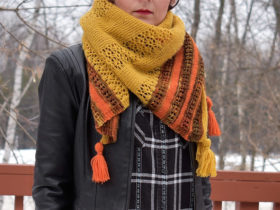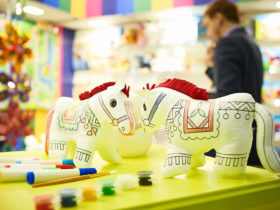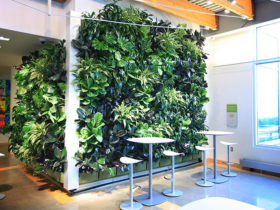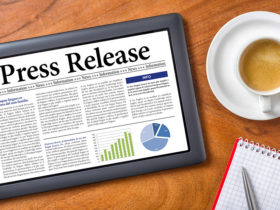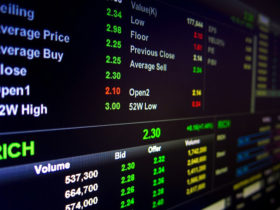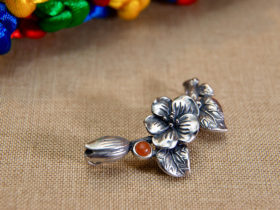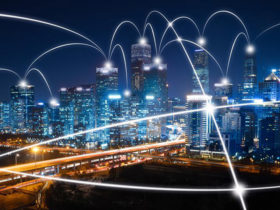Forming a queue comes naturally to us Brits. Were we the inventors? We are definitely skilled in the art of queuing whether we are the inventors or not. Wherever we happen to be – at a ticket office, a baker’s or waiting outside a public toilet – we regularly line up and await our turn. It’s part of who we are.
It’s been said that a queue will form behind us if we stand still for long enough. This is probably true.
All Britons will defend their right to form a queue. Far from being a mere national quirk, forming a queue imposes order on what would otherwise be disorder; ‘jumping’ the queue is a serious matter. Even if your turn may not come for a long while, you are expected to keep to your place in the queue. No one has the right to push in front.
Throughout our childhood we grew accustomed to queuing – for our school lunch or the homeward-bound bus.Any disruption of the queue would be met with a stern reprimand. "Get in the queue and wait your turn," we were told, and so that’s what we do.
People who regularly queue at the same place and time will often get to know each other. Conversations from the mundane to the philosophical can take place when a queue is slow moving. However pleasant it might be to pass the time in such conversations, care has to be exercised to avoid losing one’s place in the queue.
Evolution occurs with queues.
Queues, for all their civilized and civilizing qualities, are without doubt great wasters of time. We shuffle along as the queue slowly moves forward, moaning that more tills could be open and nervously glancing at our watches because we have other places to go before they close. The time we spend in a queue could easily be spent doing something else.
Queue management systems and LED signage are now in operation.
Whoever devised the ticketed queue system should be given an OBE. They are responsible for relieving the pressure on our tired feet and making more time available to us. Now we don’t have to stand in line, we can grab a ticket from the counter, decide how long we’ve got and run an errand. Queuers can now multitask.
In supermarkets the butchers, bakers and fishmongers all have electronic queue systems. Once you know the number of the ticket you have taken, you can carry on shopping until your number is announced. Getting back to the counter for service is made fool-proof by the fact that the numbers are displayed on LED screens and announced over a loudspeaker system.
Waiting for your number to be announced after signing in or receiving a ticket is now commonplace in many government offices. If there is more than one serving window, we sit patiently in the waiting area and look expectantly at the LED signs for our number to come up and point us in the right direction.
Such electronic queuing systems with LED screens are far superior to the traditional long queues. No longer are we stuck wearily standing in a slow-moving queue; instead we can get on with what we want – even if that’s just reading a book.
This allows us to keep our civilized tradition of queuing but in a far more rational and efficient way.


